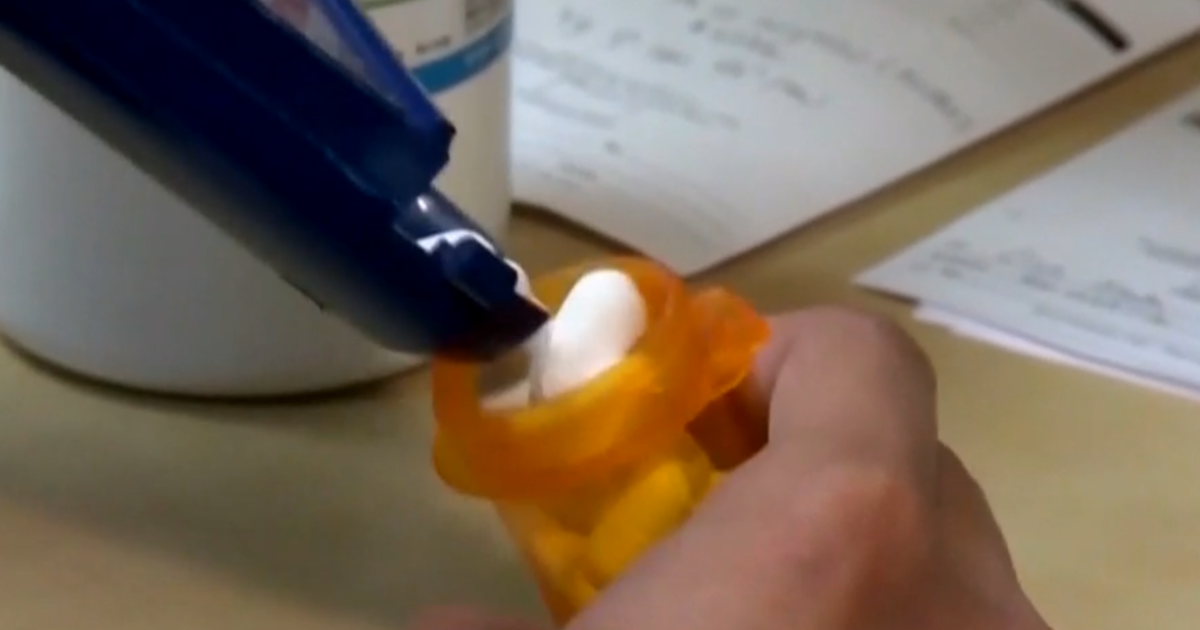Washington, D.C. — A cyber intrusion has disrupted operations at Change Healthcare, a vital player in health technology, resulting in payment delays for certain hospitals and pharmacies and depriving many patients of essential prescriptions.
The cyber breach, which occurred on Feb. 21, targeted Change Healthcare, a subsidiary of the UnitedHealth Group, a prominent healthcare entity in the United States. This incident prompted an immediate shutdown of the impacted systems.
Amrish Patel, a pharmacist from Dallas, Texas, highlighted the aftermath of the attack, noting that numerous insurance claims were denied due to the breach. He expressed particular concern for elderly patients with fixed incomes who are facing challenges in accessing their necessary medications.
With an annual transaction volume of 15 billion, impacting a substantial portion of U.S. patient records, Change Healthcare plays a pivotal role in the healthcare landscape.
John Riggi, a cybersecurity and risk advisor at the American Hospital Association, emphasized the far-reaching consequences of the cyber assault, stating that every hospital in the country has felt some impact from the incident. He stressed the gravity of the situation, noting that these threats extend beyond data breaches or financial crimes to potentially endangering human lives.
A ransomware group called Blackcat, known to operate within Russian-speaking circles, claimed responsibility for the breach in a post on the dark web, asserting the theft of more than six terabytes of sensitive medical data.
In response to the breach, UnitedHealth confirmed the cybersecurity issue and the involvement of a threat actor identifying as ALPHV/Blackcat. The company is working closely with law enforcement agencies and cybersecurity experts from Mandiant and Palo Alto Networks to address the attack on Change Healthcare’s systems.
While interim solutions have been put in place to facilitate payments, the systems remain offline over a week after the initial breach detection, posing significant billing challenges for healthcare providers, especially smaller hospitals with limited resources.
UnitedHealth reported that over 90% of the nation’s pharmacies have adjusted their electronic claim processing methods to minimize the impact of the cyber incident, while the remaining pharmacies have resorted to offline processing alternatives.
As investigations progress, both UnitedHealth and the FBI are actively engaged in resolving the issue and restoring normal operations to the affected systems, although a specific timeline for complete recovery has not been disclosed at this time.
